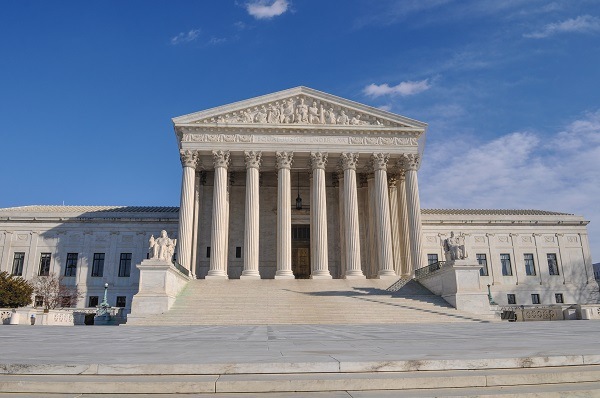US Supreme Court Sides with California Employers Over the Arbitrability of PAGA Claims
On June 15, 2022, the Supreme Court of the United States (SCOTUS) issued its highly anticipated decision in Viking River Cruises, Inc. v. Moriana (Viking). In a rare yet significant victory for California employers, the SCOTUS ruled that claims brought under California’s Private Attorneys General Act (PAGA) can be compelled to arbitration. The full opinion of the Viking decision can be found here: https://www.supremecourt.gov/opinions/21pdf/20-1573_8p6h.pdf.
In an 8-1 ruling, the SCOTUS disagreed with prior decisions issued by California courts and held that if an employee had previously signed a valid arbitration agreement, the Federal Arbitration Act (FAA) preempts California law and mandates that the employee’s PAGA claim must be segregated into individual and non-individual claims. Thus, on this basis, the SCOTUS ruled that the employee’s individual PAGA claims can be compelled to arbitration.
Importantly, the SCOTUS’s decision directly overruled the California Supreme Court’s previous holding in Iskanian v. CLS Transportation Los Angeles, LLC, which had formerly prevented employers from enforcing arbitration agreements that required employees to waive their rights to bring representative PAGA claims. In its Viking ruling, the SCOTUS held that once an employee’s individual PAGA claims are compelled to arbitration, that employee no longer has standing to bring representative PAGA claims for violations of the California Labor Code on behalf of other aggrieved employees. Hence, the remaining, non-individual PAGA claims must be dismissed due to a lack of standing.
While the SCOTUS’s Viking ruling provides a positive answer for employers about the validity of PAGA waivers in arbitration agreements, it creates several uncertainties. Notably, in Justice Sonia Sotomayor’s concurring opinion, she stated that “the California Legislature is free to modify the scope of statutory standing under PAGA within state and federal constitutional limits.” Consequently, only time will tell whether and how the California Legislature will respond to the Viking decision. Accordingly, while the ruling in Viking effectively provides a way for employers to minimize the risk of PAGA claims with a properly crafted arbitration agreement, the SCOTUS did leave the door open for the California Legislature to provide standing for non-individual PAGA clams to continue either in court or in arbitration. We will have to see if the California Legislature quickly proposes an amendment to PAGA to fashion a mechanism for representative claims to survive in a judicial forum even when the individual claim is relegated to a separate proceeding.
Based on the Viking ruling, it is imperative for California employers to review and revise their arbitration agreements to the extent they contain wholesale waivers of representative actions without severability clauses and prepare for the changing landscape of existing representational litigation. California employers should also prepare for potential legislative action to provide a PAGA plaintiff with standing to assert non-individual claims when their individual claims are ordered to arbitration.
We will continue to monitor developments in this area. If you have questions about PAGA litigation and arbitration agreements, please contact any attorney in Kahana Feld’s Labor & Employment Litigation practice group.
